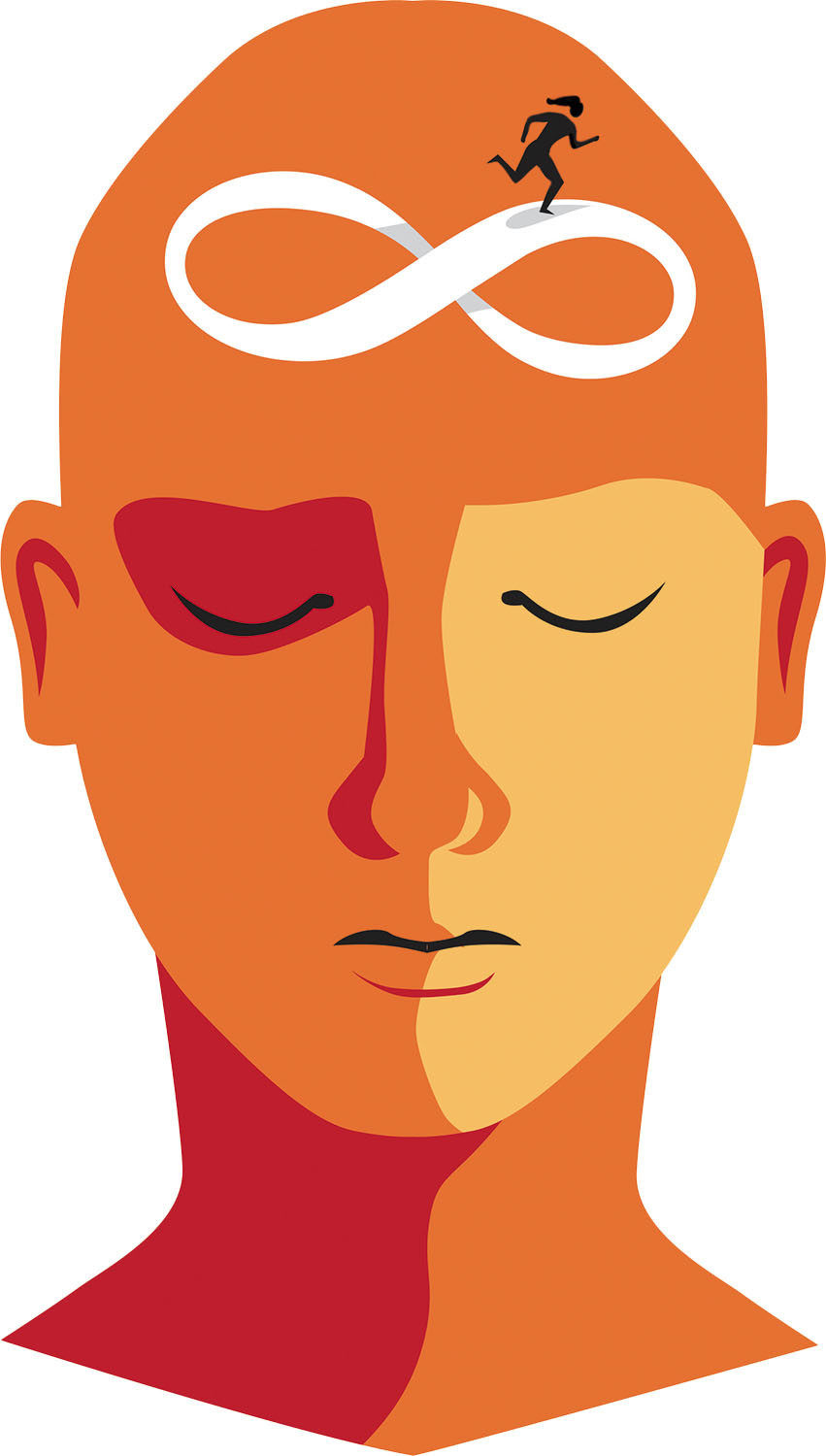
Celiac disease: Exploring four myths

What is prostatitis and how is it treated?

What is Cushing syndrome?

Exercises to relieve joint pain

Think your child has ADHD? What your pediatrician can do

Foam roller: Could you benefit from this massage tool?

Stepping up activity if winter slowed you down

Common causes of cloudy urine

Dragon fruit: How to enjoy this antioxidant-rich fruit

Are you getting health care you don't need?
Stress Archive
Articles
Caregiving crisis
Nearly three-quarters of caregivers are 50 or older, and more than 75% are women. Research has linked caregiving to many physical and mental effects, including depression, anxiety, pain, and heart disease. Many caregivers don't attend to their own health and may avoid or skip medical appointments. To address these burdens, caregivers can look into respite care, call their local Agency on Aging, ask for help from friends, and schedule telehealth visits with doctors or therapists.
Understanding the stress response
Research suggests that prolonged stress is linked to high blood pressure, clogged arteries, anxiety, depression, addictive behaviors, and obesity.
Managing intrusive thoughts
Intrusive thoughts are unwanted thoughts or mental images that make people feel uncomfortable. They're common, affecting some six million Americans and can be effectively managed using tools such as cognitive behavioral therapy. They can be associated with mental health disorders such as obsessive-compulsive disorder or post-traumatic stress disorder, but many people who experience them don't meet the criteria for a mental health disorder. The thoughts may be triggered by stress or anxiety.
Fighting fatigue
Fatigue is a common symptom that can be caused by a whole host of factors, from medical conditions to stress and poor sleep. In order to ease ongoing fatigue, it's important to investigate and treat the underlying cause. Fatigue that doesn't respond to interventions or is severe or persistent should be brought to the attention of a doctor. It may be caused by a medical condition.
Why you should "Walk with a Doc"
Walk with a Doc is a nonprofit program founded by a cardiologist that sponsors free, doctor-led walks in mostly outdoor venues (usually public parks) in 560 sites across America. The walks last 30 to 90 minutes, are usually held once per month, and include a five-minute talk about various health topics by the physician. In addition to the exercise and education, participants benefit from the camaraderie and time spent in nature.
Stress at work takes a toll on the heart
Men who report specific types of job-related stress face a higher risk of heart disease than those without such stress, according to a 2023 study.
Get back your social life to boost thinking, memory, and health
Staying socially active is associated with cognitive benefits and may play a role in longevity, stress reduction, and controlling mood. If a person has been out of touch with friends for a long time, one way to restart contact is to send a brief message asking how they're doing or recalling a shared activity. If the person reciprocates, the next step might be to suggest a meeting, ask to get together, or schedule a catch-up phone call or video chat.

Celiac disease: Exploring four myths

What is prostatitis and how is it treated?

What is Cushing syndrome?

Exercises to relieve joint pain

Think your child has ADHD? What your pediatrician can do

Foam roller: Could you benefit from this massage tool?

Stepping up activity if winter slowed you down

Common causes of cloudy urine

Dragon fruit: How to enjoy this antioxidant-rich fruit

Are you getting health care you don't need?
Free Healthbeat Signup
Get the latest in health news delivered to your inbox!
Sign Up











